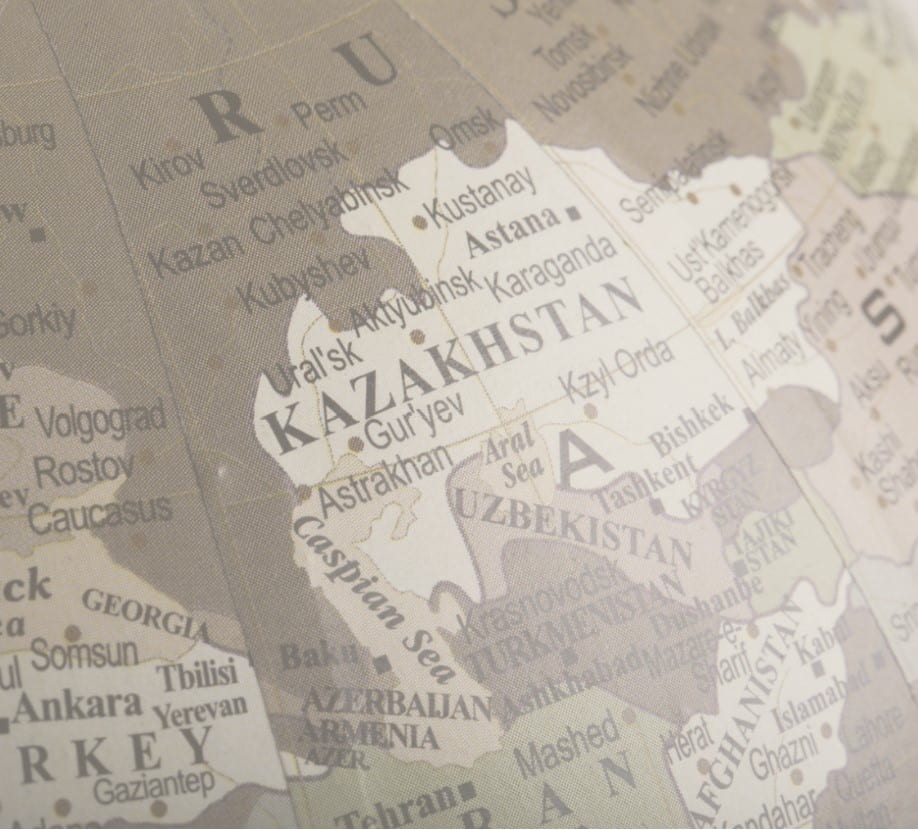This hybrid panel discussion took place on December 4, 2023 at 10:00 am (EST).
Social and political developments in Central Asia received greater attention following Russia’s full-scale invasion of Ukraine, in particular the immediate impacts of new migrant flows, sanctions, and Russia’s greater isolation from the West. However, much of this analysis, particularly in the media, has covered the region only insofar as it illustrates reactions to the war in Ukraine, rather than contextualizing the effects of recent events within a deeper understanding of processes already underway in Central Asia.
This panel will showcase new research on grassroots activism, media use, and intraregional relations in Central Asia. From Kazakhstan’s quasi-transition of power in 2019 and the rise of the Oyan Kazakhstan movement, the yearslong impact of the COVID-19 pandemic, Sadyr Japarov’s dramatic rise to the presidency in Kyrgyzstan in 2020, unprecedented street violence in several Kazakhstani cities in January 2022 followed by a brief deployment of CSTO forces to the country, Central Asian societies were already navigating a series of defining events each deserving of their own careful analysis even before February 2022.
This panel will track how these developments and others, including the war, have shaped societies and states. Drawing on a range of data sources as well as disciplinary and professional perspectives, this panel will also combine the insights of researchers from or currently living in Central Asia along with those of researchers with extensive field experience in the region.
Papers and Presenters:
– Central Asian Regional Relations in a Changing Geopolitical Context
Aizada Nuriddenova is an Assistant Professor in the Social Sciences Department at Suleyman Demirel University in Kazakhstan and currently a Visiting Scholar at IERES. She holds a PhD in International Relations, specializing in Chinese foreign policy, from the School of International and Public Affairs at Jilin University in China. Her research interests are centered on Chinese foreign policy and regionalism in Central Asia.
– Media Trends and Geopolitics: Changes in Central Asian Views of Outside Powers
Eli Adam Feiman, US Department of State
- Attitudes toward Russia’s War on Ukraine in Kazakhstan and Kyrgyzstan
Hannah S. Chapman is the Theodore P. Romanoff Assistant Professor of Russian Studies and an Assistant Professor of International and Area Studies at the University of Oklahoma. Her research focus is on comparative political behavior with a substantive focus on public opinion and political communication in non-democracies and a regional focus on Russian and Central Asian politics.
– The Second Sex: How Risks for Activists Differ Depending on their Gender. Accounts from Kazakhstan, Belarus, Ukraine, and Russia
Karlygash Kabatova is Program Associate at the Central Asia Program, IERES, GWU. Her areas of research and advocacy are sexual and reproductive health and rights (SRHR), gender education, gender-based violence and civil activism. Karlygash founded UyatEmes.kz – an SRHR initiative in Kazakhstan.
Discussants:
– Marsha McGraw Olive, Ph.D., is a scholar and practitioner of Russian and Eurasian affairs. She is currently on the faculty of Johns Hopkins SAIS and serves on the advisory boards of the Caspian Policy Center and the Eurasia Foundation, and as a Global Fellow at the Woodrow Wilson International Center for Scholars.
– Corby Johnson, National Endowment for Democracy
Chair:
Sebastien Peyrouse is Director of the Central Asia Program and Research Professor, IERES, The George Washington University. His main areas of expertise are political systems in Central Asia, economic and social issues, Islam and religious minorities, and Central Asia’s geopolitical positioning toward China, India, and South Asia.

